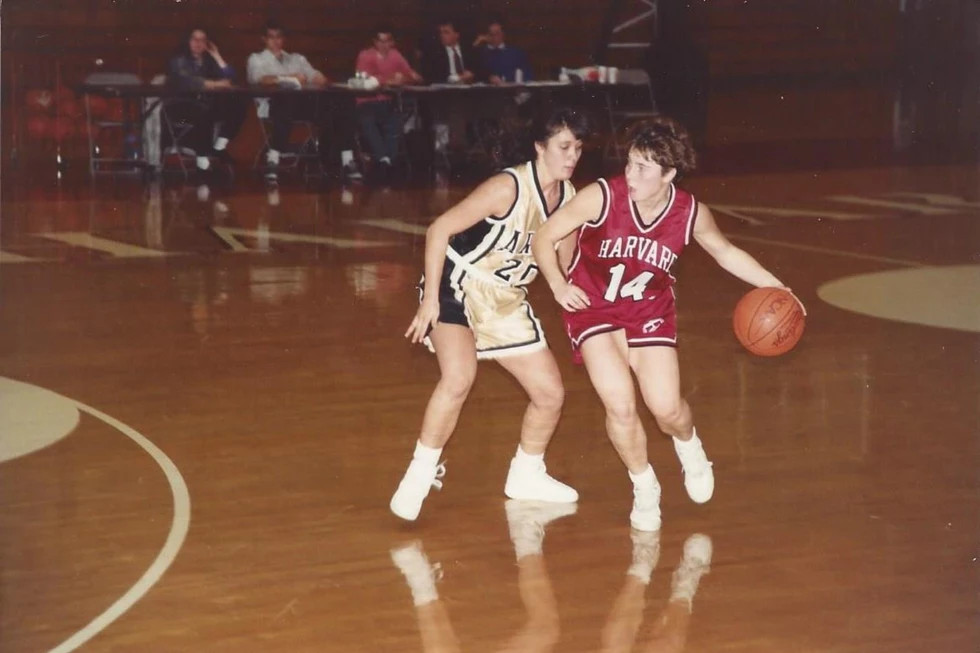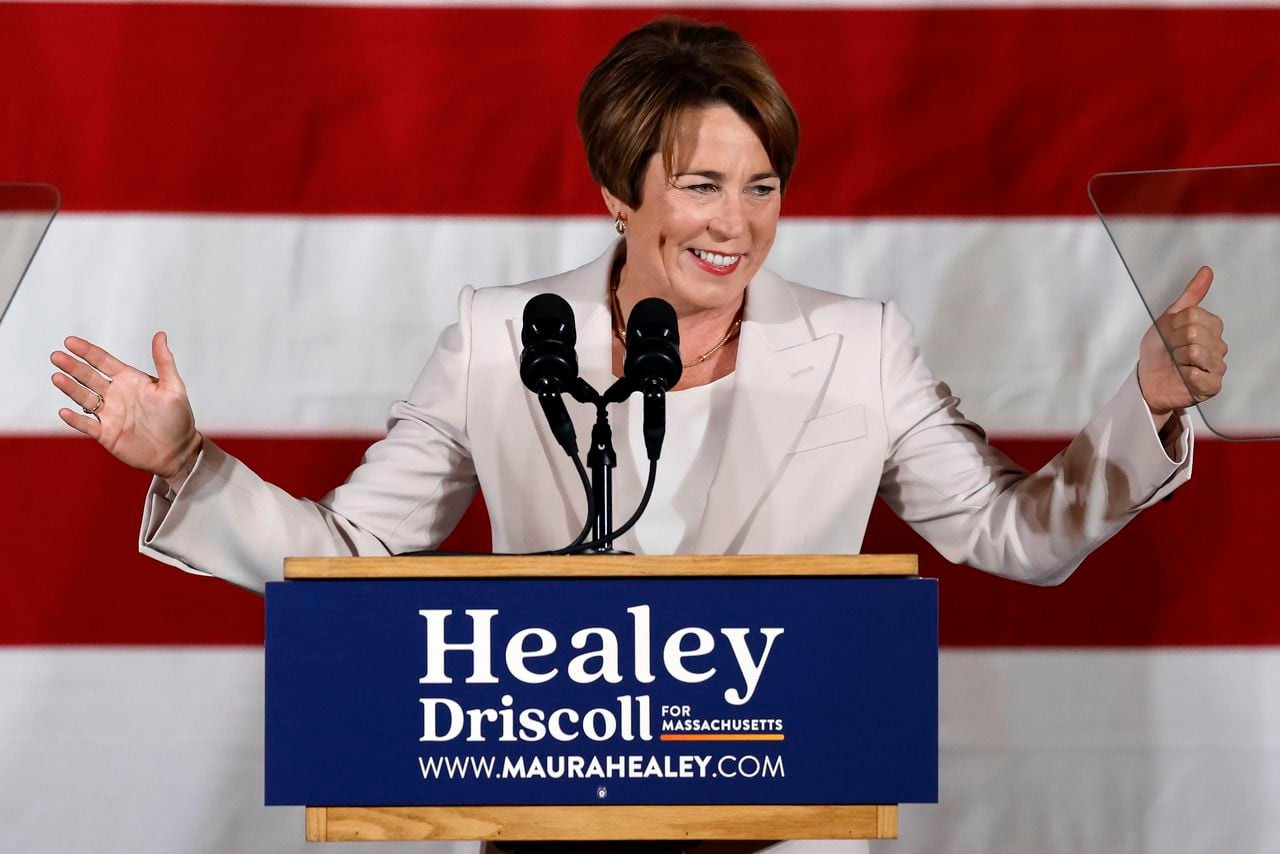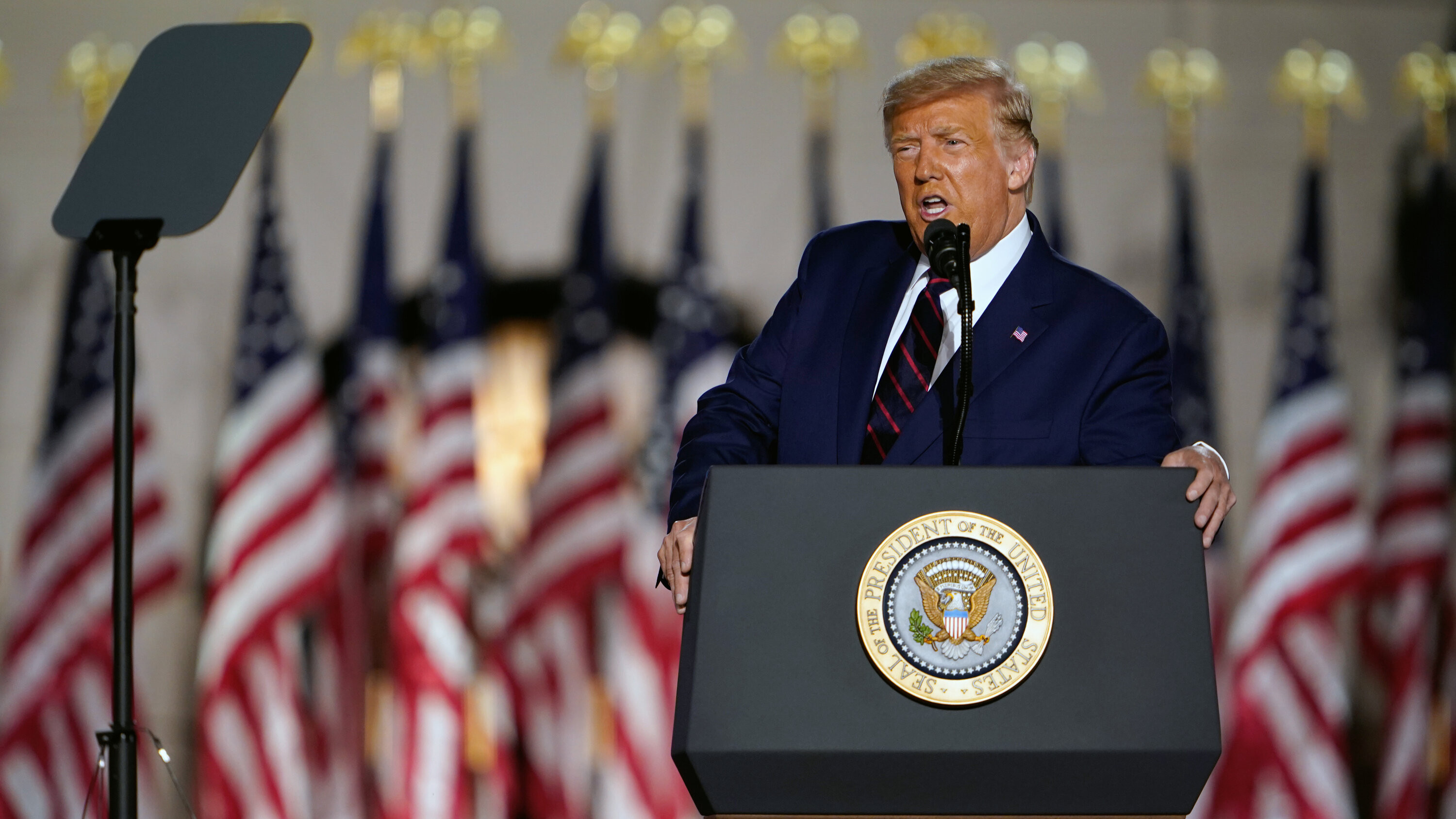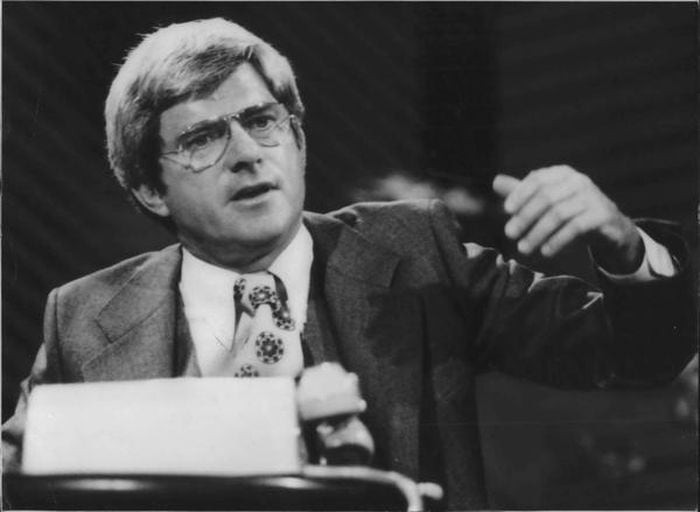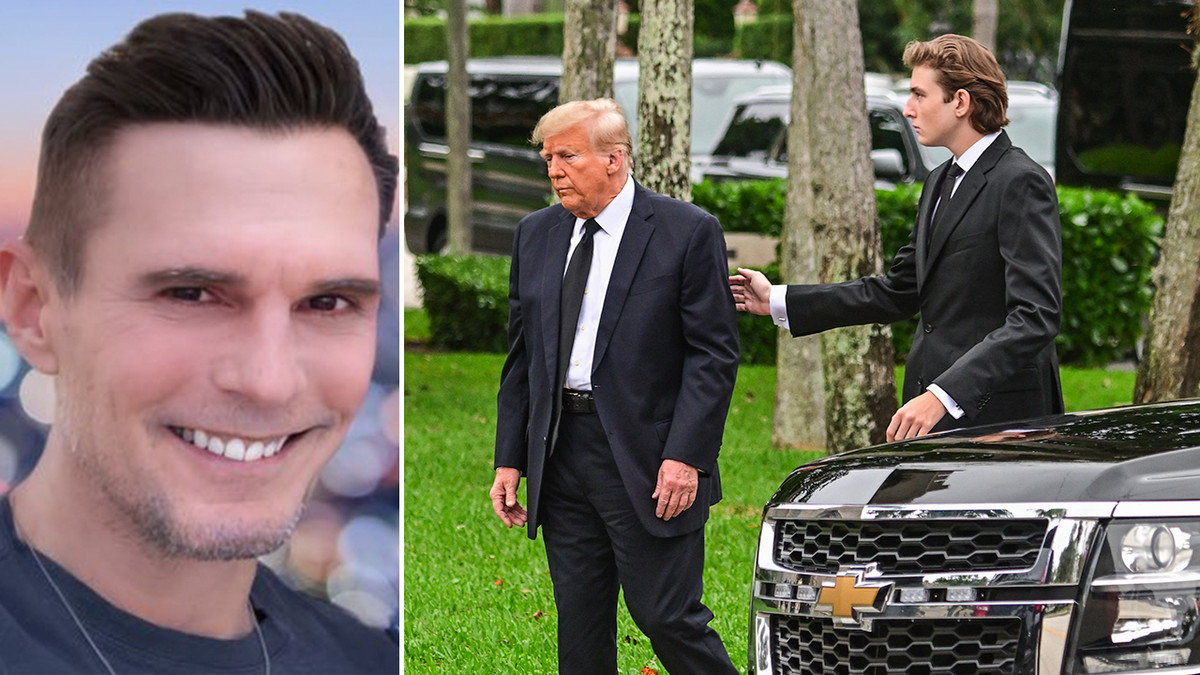Massachusetts Gov. Maura Healey took immediate action Wednesday to implement a sweeping new gun law that cracks down on privately made, unserialized “ghost guns,” criminalizes possession of bump stocks and trigger cranks and requires applicants for a gun license to complete live-fire training. This move comes as gun rights activists are attempting to gather enough signatures to suspend the law before it took effect, showcasing the intensifying battle over gun control in the state.
The new law, which was approved in July and was set to take effect later this month, was met with immediate backlash from gun rights advocates. They have labeled the law an “historic attack on our civil rights,” asserting that it places unnecessary barriers for law-abiding residents seeking to own a gun.
In a statement, the National Association for Gun Rights condemned Healey for signing the emergency preamble to enact the sweeping firearms ban. "This is an outrageous assault on the Second Amendment, and Governor Healey has completely circumvented the democratic process by pushing this law into effect immediately instead of waiting to allow the people of Massachusetts to have a say," said Angelo Veltri, Northeast Regional Director of the National Association for Gun Rights. "Her actions are a direct threat to law-abiding citizens and a brazen attempt to turn gun owners into criminals."
Healey, however, maintains that the new law is vital for enhancing public safety.
"This gun safety law bans ghost guns, strengthens the Extreme Risk Protection Order statute to keep guns out of the hands of people who are a danger to themselves or others, and invests in violence prevention programs," Healey said in a statement. "It is important that these measures go into effect without delay."
The law has been enacted, in part, as a response to the Supreme Court’s 2022 Bruen decision, which declared citizens have a right to carry firearms in public for self-defense. Critics of the law have argued that it goes too far in restricting gun ownership, particularly for law-abiding citizens.
The new legislation also expands the state’s “red flag” law to allow police, health care and school officials to alert the courts if they believe someone with access to guns poses a danger and should have their firearms confiscated temporarily. This provision has drawn criticism from gun rights advocates who view it as an infringement on the Second Amendment.
Activists have been looking to suspend the law until voters can weigh in on a potential 2026 referendum that would repeal it. To keep it from taking effect, they needed to file at least 49,716 signatures from registered voters, which will also help guarantee the question is placed on the ballot.
Healey’s decision to put the law into effect immediately blocks any temporary suspension of the law, effectively preventing the referendum from taking effect.
The law also makes it unlawful for those who are not part of law enforcement to carry guns at schools, polling locations and government buildings. It also requires those applying for a license to carry firearms to demonstrate a basic understanding of safety principles and provides local licensing authorities with relevant mental health information.
District attorneys would be able to prosecute people who shoot at or near homes, which also seeks to ensure people subject to restraining orders no longer have access to guns.
The new law also expands the definition of “assault weapons” to include known assault weapons and other weapons that function like them. It bans the possession, transfer, or sale of assault-style firearms or large-capacity feeding devices.
Gun rights advocates have filed a federal lawsuit arguing that the Massachusetts law is unconstitutional, characterizing it as “onerous firearms legislation that imposes sweeping arms bans, magazine restrictions, registration requirements, and licensing preconditions that are as burdensome as they are ahistorical.”
The suit — which cites the Bruen decision — asks the federal court to issue a temporary restraining order or preliminary injunction barring the state from enforcing the “burdensome licensing regimes on the possession and carry of firearms for self-defense.”
The implementation of this new gun law in Massachusetts marks a significant step in the ongoing debate over gun control in the United States. The law’s supporters argue that it is necessary to reduce gun violence, while its opponents contend that it infringes on the rights of law-abiding gun owners. This controversy is likely to continue as the legal challenges and the referendum petition process move forward.
A Battle For Gun Control: The Future Of Gun Laws In Massachusetts
The immediate implementation of the new gun law in Massachusetts signals a clear stance by Governor Healey on gun control.
She has made it clear that she views gun violence as a serious threat and is committed to enacting measures to curb it. Her actions have also sparked a heated debate regarding the balance between public safety and the Second Amendment right to bear arms.
The upcoming referendum, if successful, could lead to a repeal of the new law.
The potential of this referendum creates a significant uncertainty surrounding the future of gun control in Massachusetts. The outcome of the referendum will have lasting implications for the state’s gun laws and its approach to addressing gun violence.
The ongoing legal challenges to the new law are another important element in this debate. The courts will play a critical role in determining the constitutionality of the law and its various provisions.
The immediate implementation of the law, coupled with the ongoing legal and political challenges, highlights the complex and divisive issue of gun control in the United States. It remains to be seen how the debate will unfold in Massachusetts and across the country, and how the balance between public safety and individual rights will be struck.
The Ongoing Fight For Gun Control: A Nation Divided
The events in Massachusetts are part of a broader national conversation about gun control, a conversation often characterized by stark differences in viewpoints. While supporters of stricter gun control measures argue that they are necessary to reduce gun violence and protect public safety, those who advocate for looser restrictions often cite the Second Amendment right to bear arms and argue against government interference in firearm ownership.
The debate has been further complicated by recent Supreme Court rulings that have strengthened Second Amendment rights.
The court’s decisions have emboldened gun rights advocates, while gun control advocates have expressed concerns that these decisions could hinder efforts to enact stricter gun laws. The ongoing debate over gun control is likely to continue for many years to come, with both sides seeking to advance their respective agendas.
The Road Ahead: A Complex Intersection Of Public Safety, Rights, And Politics
The clash between gun rights advocates and proponents of stricter gun control measures is not simply a matter of policy; it is a fundamental issue of values, priorities, and interpretation of the Constitution. The conflict reflects a deep societal divide and a lack of consensus on how to address the complex issue of gun violence in America.
The debate is likely to continue as new legislation is proposed and existing laws are challenged in court. The actions of individuals, the rulings of judges, and the decisions of elected officials will all shape the future of gun control in the United States, and the battle for public safety, rights, and political control will continue to rage on.




